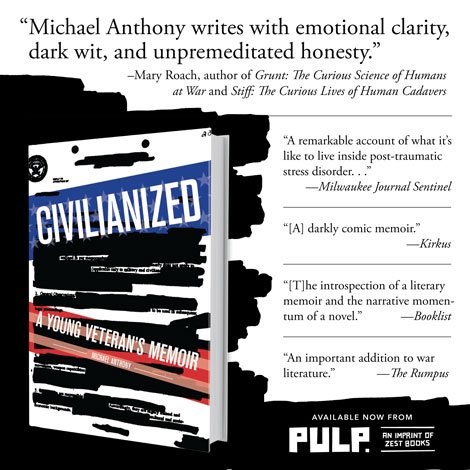
Civilianized: A Young Veteran’s Memoir
“A must read.” -Colby Buzzell
“Anthony delivers a dose of reality that can awaken the mind…” Bookreporter
Order your copy of Civilianized: A Young Veteran’s Memoir .

“A must read.” -Colby Buzzell
“Anthony delivers a dose of reality that can awaken the mind…” Bookreporter
Order your copy of Civilianized: A Young Veteran’s Memoir .
I recently updated my bio on the blog, features a bit more detail on what I’ve been up to if you’re interested:
Michael Anthony is the author of the acclaimed and award-winning memoirs Civilianized: A Young Veteran’s Memoir and Mass Casualties: A Young Medic’s True Story of Death, Deception, and Dishonor in Iraq.
Michael’s writing has been described as: “strong … and starkly honest…”–Publisher’s Weekly, “Dark Humored,” –Kirkus, “smart and mordantly funny,” –Milwaukee Journal Sentinel,and “gut punching…” –Mary Roach. He has appeared in several anthologies, for both poetry and non-fiction, and has written for The Washington Post, Business Insider, Signature-Reads, and The Good Men Project, where he served for a year as chief editor of the War & Veterans section. Pieces of his writing were featured in the VetSpeaks Moss Hart Memorial award-winning theater production, and he served as a military consultant for Krzysztof Wodiczko’s International Association of Art Critic’s award-winning art installation Out of Here: The Veterans Project.
He has been featured in several documentaries regarding military service, philosophy, and comedy, including the Gold Remi award-winning documentary Aside from That… (and he even had a short stint on a TV show for the Weather Channel).
A graduate of Bridgewater State University, Michael also holds an MFA in creative writing from Lesley University. A former US army soldier, he currently lives with his wife in Massachusetts and spends his free time working with veterans.
Michael is also a highly sought after guest lecturer and public speaker.
“A must read.” -Colby Buzzell
“Anthony delivers a dose of reality that can awaken the mind…” Bookreporter
Order your copy of Civilianized: A Young Veteran’s Memoir .
BookTuber “BookaFlixTaylor” – Reviews Civilianized: A Young Veteran’s Memoir.
“A must read.” -Colby Buzzell
“Anthony delivers a dose of reality that can awaken the mind…” Bookreporter
Order your copy of Civilianized: A Young Veteran’s Memoir .
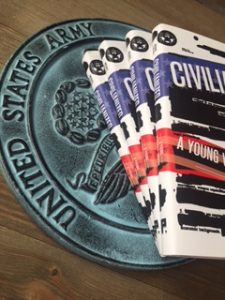
I had my wife take some promo pictures of the new book.
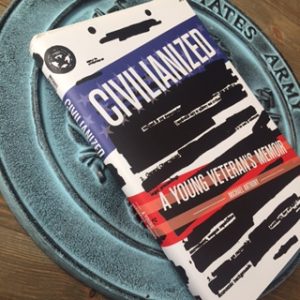
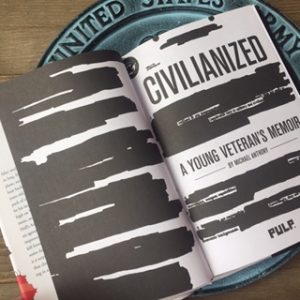
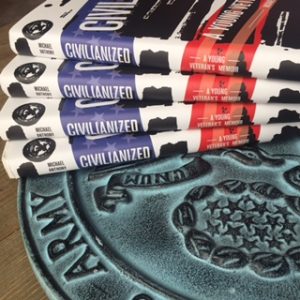


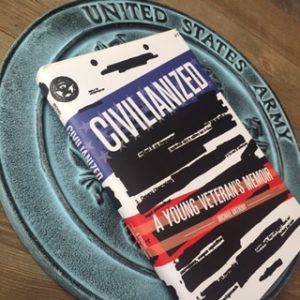
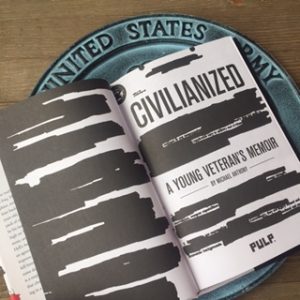

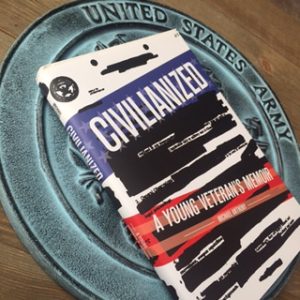
Post-traumatic stress disorder or PTSD is a dangerous and debilitating mental condition caused by one’s exposure to traumatizing near-death experiences or seeing someone else’s. Aside from living a monastic or hermit lifestyle to avoid traumatizing experiences, there are other ways to prevent PTSD.
PTSD Treatment Options: mentalhealthtreatment.net/ptsd
Check out some of our other posts on PTSD.
What To Do When Your Child Has PTSD.
What To Do When Your Spouse Has PTSD.
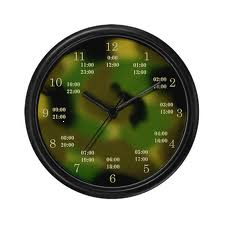
Usually we wish that there were more than 24 hours in a day, so that there are more waking hours for us to get our jobs and tasks done. Yet we see others who have as much work as we do, yet they still have plenty of time to have fun and do personal stuff like going to the beach or the mall. A good example of such people is the military. From sunup to sundown, they get things done like a well-oiled machine. They work like ants and get their tasks done like exercises, trainings and assigned chores. Tasks like cooking, paperwork, construction and even combat are done quickly and efficiently and sometimes almost simultaneously. How do they do it? The answer is time management.
Time management is not a new idea. The main concept is to prioritize the most important or most urgent tasks instead of spending a lot of time doing something that may be done later and risking non-submission of the more urgent things. But like many things, the military can do things faster and even more efficiently. In the military, time management works a little differently. In military time management, tasks are practically treated as combatants. The following are the things that need to be considered in military time management.
In military time management, most tasks that need to be carried out point toward a single objective. This objective needs to be clear and well-defined so as to put more urgency in the tasks that lead to it.
In military time management, it is also important to consider the resources that need to be used to accomplish the tasks. These resources also have to be well-defined so as to be used more efficiently.
After determining the objectives and resources, next is to determine the correct priority for all of the tasks ahead. Set which task is first, what resource to use and how much time there is to allocate.
Efficiency is the hallmark of the military. They employ a militarized version of time management based on the total effect of a certain goal or objective. An objective is separated into different aspects like criticality, accessibility, return, vulnerability, effect and recognizability or in short, CARVER.
The goal or task to be done is divided into the previously mentioned aspects and ranked from one to five or depending on the person. After ranking each concept, the ranks are summed up and the task with the highest sum gets to be done first (the CARVER time management system is the system that the Navy SEALS and Army Special Forces, have to become masters in).
For a better understanding of CARVER, let us briefly describe each aspect
The system works with anything, not just military. I use it all the time for school, work and writing. It’s just a good tool to have when figuring out what task to take on.